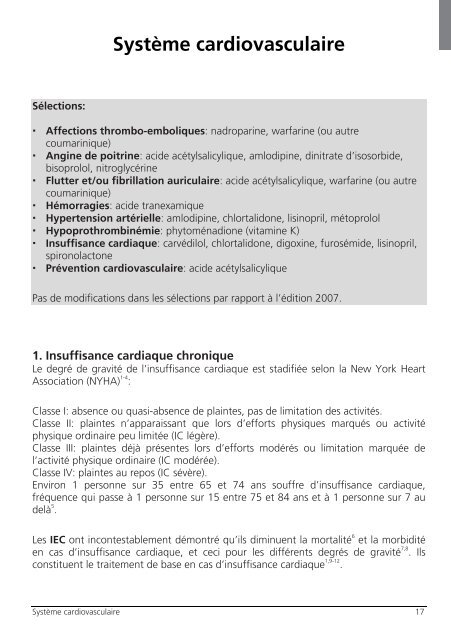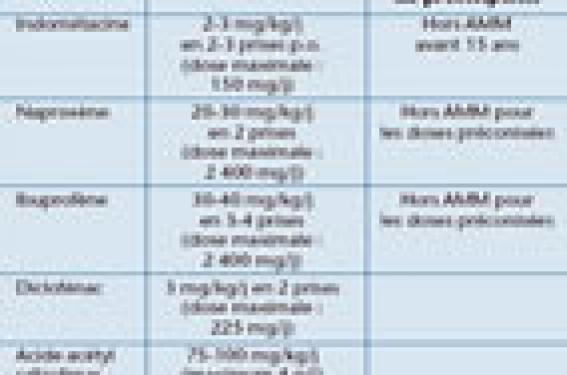In the constant quest for optimal health, medical treatments play a crucial role, and among the medications prescribed to manage various cardiovascular conditions, metoprolol stands out. This medicine, belonging to the class of beta blockers, is often used to treat high blood pressure and prevent certain types of chest pain. Although its effectiveness cannot be ignored, it is essential to examine the side effects potential as well as contraindications which may accompany its use.
Patients may experience side effects such as fatigue, dizziness, and headache, making careful assessment of each situation necessary. Furthermore, certain medical conditions, such as severe asthma or a uncontrolled heart failure, represent contraindications notable to treatment with metoprolol. To guarantee a safe and effective prescription, it is essential to weigh the risks and benefits of this medication, and to ensure regular follow-up with the healthcare professional.

Metoprolol is a widely prescribed medication for the treatment of several conditions, including high blood pressure, angina, and heart rhythm disorders. As a member of the beta-blocker class, its mechanism of action is based on reducing heart rate and decreasing the workload of the heart. However, the prescription of metoprolol requires special attention due to its side effects potential and its contraindications.
Side effects of metoprolol
Like any medicine, metoprolol can cause side effects which must be carefully monitored. Among the most common side effects, we find:
- Asthenia : A persistent feeling of fatigue is often reported by patients, which can affect their quality of life.
- Dizziness : Episodes of lightness and dizziness may appear, particularly when going from a sitting to a standing position.
- Headache : Headaches may occur in some users.
- Breathing difficulties : Due to its action on beta receptors, respiratory problems may occur, especially in people suffering from asthma or other respiratory conditions.
If these effects occur, it is imperative to assess the need to adjust the dosage or potentially consider stopping treatment. Other less common, but still serious, effects may include:
- Heart failure : A worsening of this condition may occur in certain patients, justifying close medical monitoring.
- Raynaud’s syndrome : Cooling of the extremities associated with pain may be observed.
- Bradycardia : An excessive decrease in heart rate should be monitored, as it can lead to serious complications.
It is essential for patients to discuss potential side effects with their doctor to have a clear understanding of the risks associated with metoprolol treatment.
Contraindications linked to the prescription of metoprolol
Before prescribing metoprolol, a careful assessment of the patient’s medical history is essential. Certain medical conditions require contraindication absolute to the use of the medicine:
- Severe asthma: Metoprolol can cause bronchospasm, making its use risky in patients with a history of uncontrolled asthma.
- Uncontrolled heart failure: Administration is not recommended, as it may exacerbate the symptoms of this disease.
- Severe bradycardia: Patients with a heart rate below 50 beats per minute should avoid this treatment.
- Cardiogenic shock: This condition requires emergency care and the use of beta blockers is contraindicated.
Additionally, caution should be taken in patients suffering from diabetes, because metoprolol may mask some symptoms of hypoglycemia. Adjustment of anti-diabetic medication may be necessary to ensure adequate blood glucose management.
Another aspect to consider is the interaction of metoprolol with other medications. It is crucial to inform the doctor of any other current treatments, including calcium antagonists, nonsteroidal anti-inflammatory drugs (NSAIDs), and certain antidepressants, as these medications may either increase or decrease the effectiveness of metoprolol.
Monitoring and follow-up when prescribing metoprolol
Doctors should conduct regular monitoring to ensure that potential treatment with metoprolol remains safe and effective. Regular clinical monitoring of vital parameters, such as blood pressure and heart rate, is necessary to adjust the dosage if necessary. Patients should also be trained to recognize signs of serious side effects and to consult their doctor immediately if these symptoms occur.
In short, the prescription of metoprolol can be very beneficial for some patients. However, a thorough understanding of its side effects, contraindications and drug interactions is essential to ensure appropriate use. Close collaboration between the patient and the healthcare professional, as well as compliance with medical recommendations, makes it possible to optimize clinical results while minimizing risks.
For more information on metoprolol, patients can consult trusted resources such as this link And this one, which may offer additional details regarding the dosage and use of this medication. In case of doubt or questions, it is always recommended to discuss directly with a doctor or pharmacist.

FAQs on medical prescription of metoprolol: side effects and contraindications
What are the most common side effects of metoprolol? Metoprolol may cause side effects such as asthenia, fatigue, vertigo And headache.
Is metoprolol appropriate for all patients? No, metoprolol is contraindicated in individuals with certain conditions such as severe asthma, uncontrolled heart failure And cardiogenic shock.
What are the considerations for diabetics taking metoprolol? It is important to note that metoprolol may mask some symptoms ofhypoglycemia, which requires careful monitoring.
What are the recommended dosages for metoprolol? The dosage can vary, but for chest pain it is usually between 100 and 200 mg per day, divided into two doses.
What are the warning signs to look out for when taking metoprolol? Patients should be alert for symptoms such as cooling of the extremities and one pericardial pain who may report a worsening of their condition.
Can metoprolol cause complications during administration? Yes, complications such as heart failure aggravated and Raynaud’s syndrome have been reported.
What is the typical treatment duration with metoprolol? The duration of treatment depends on the patient’s specific health conditions and should be determined by the doctor.
What are the criteria for discontinuing metoprolol? Discontinuation may be necessary in patients with a heart rate below 50 beats per minute or a P-Q interval greater than 0.20 seconds.












